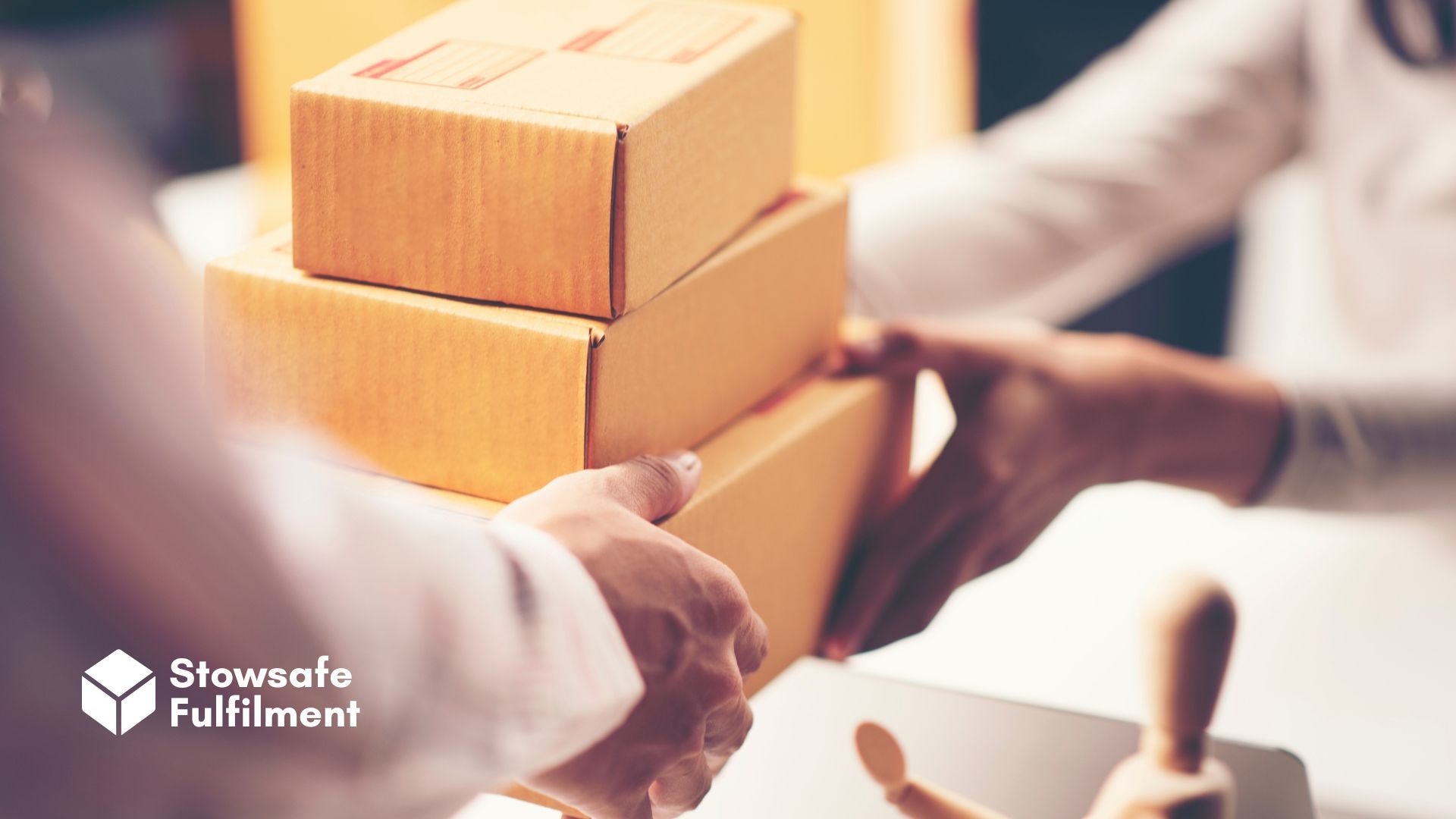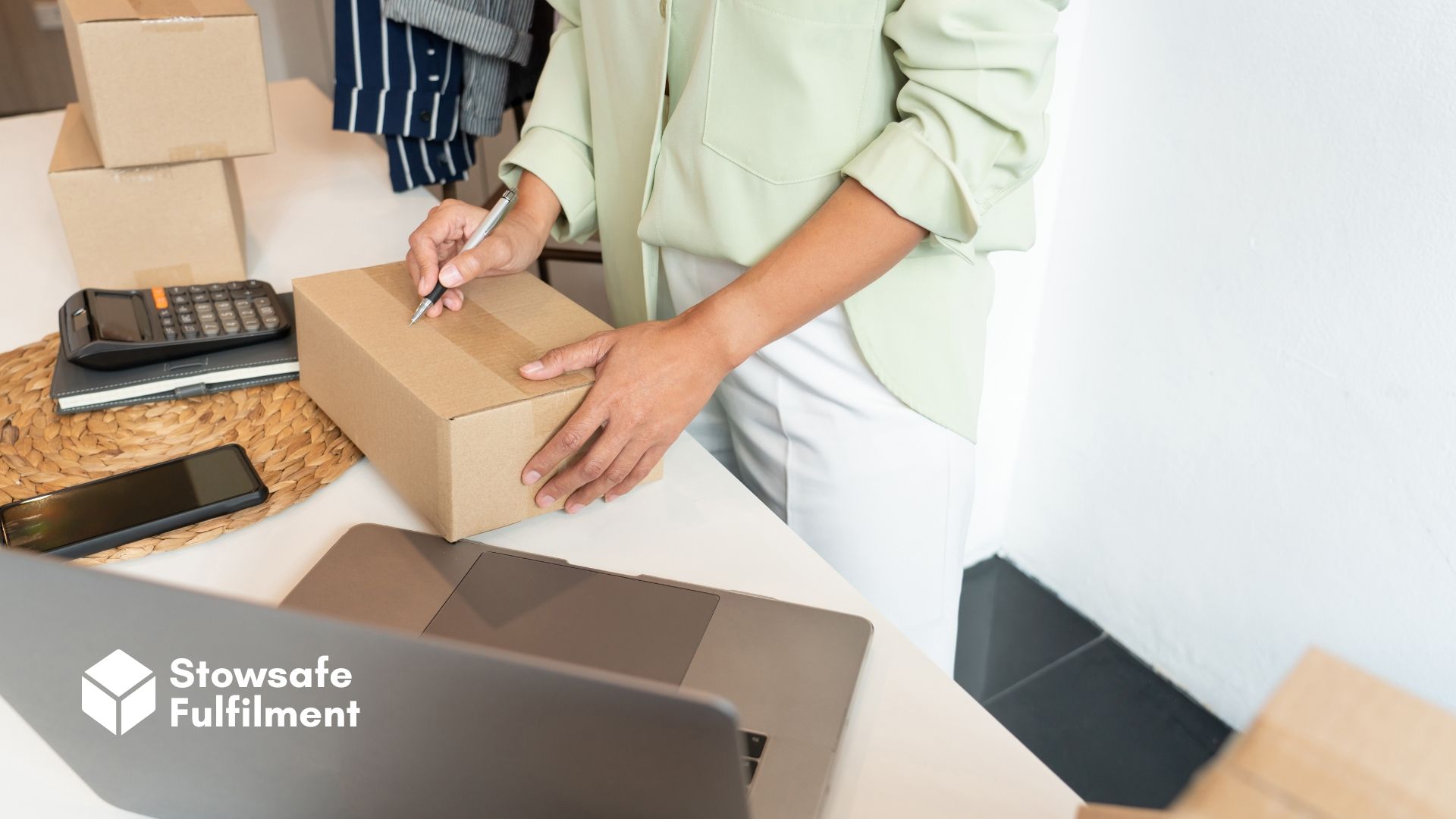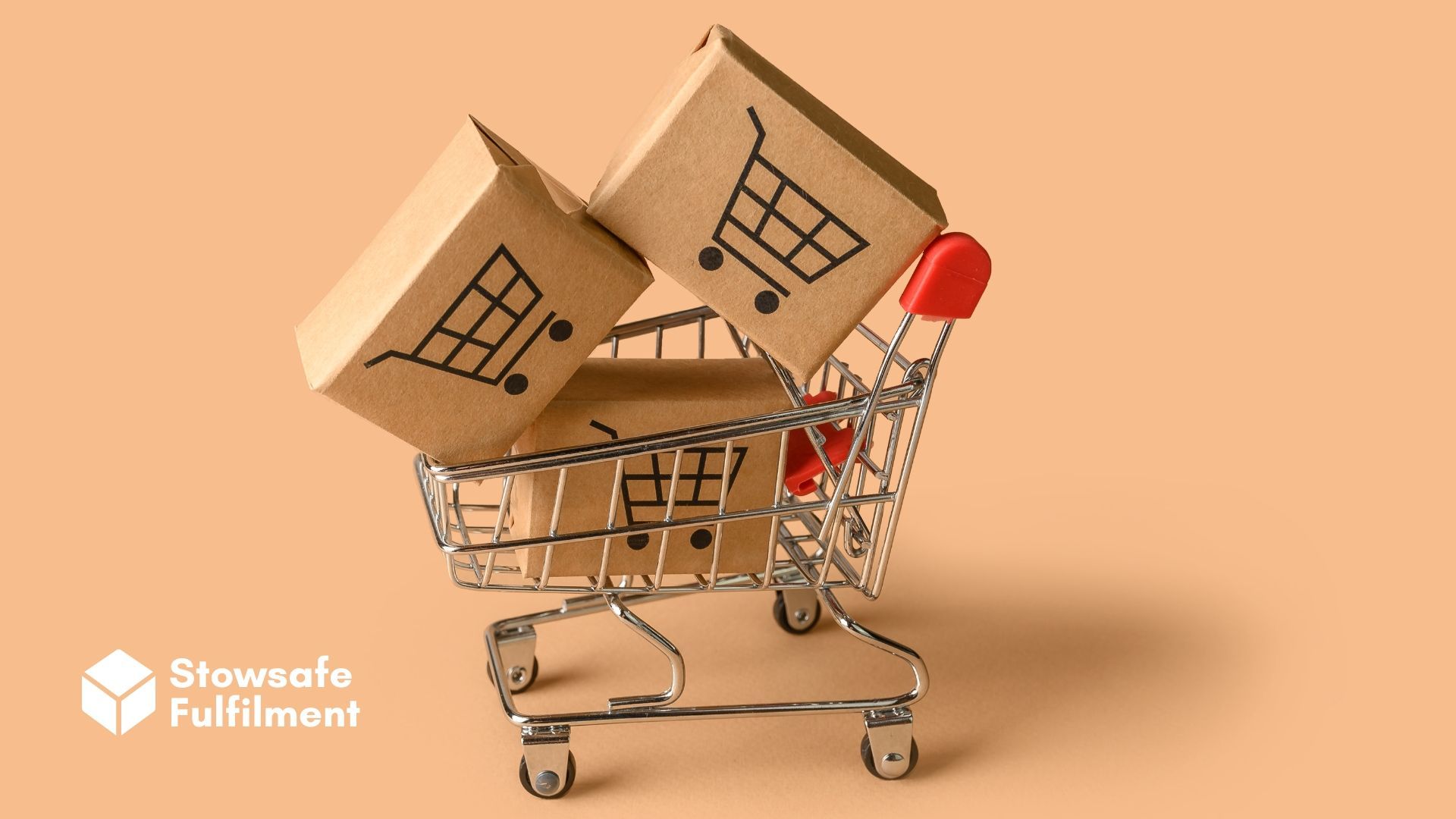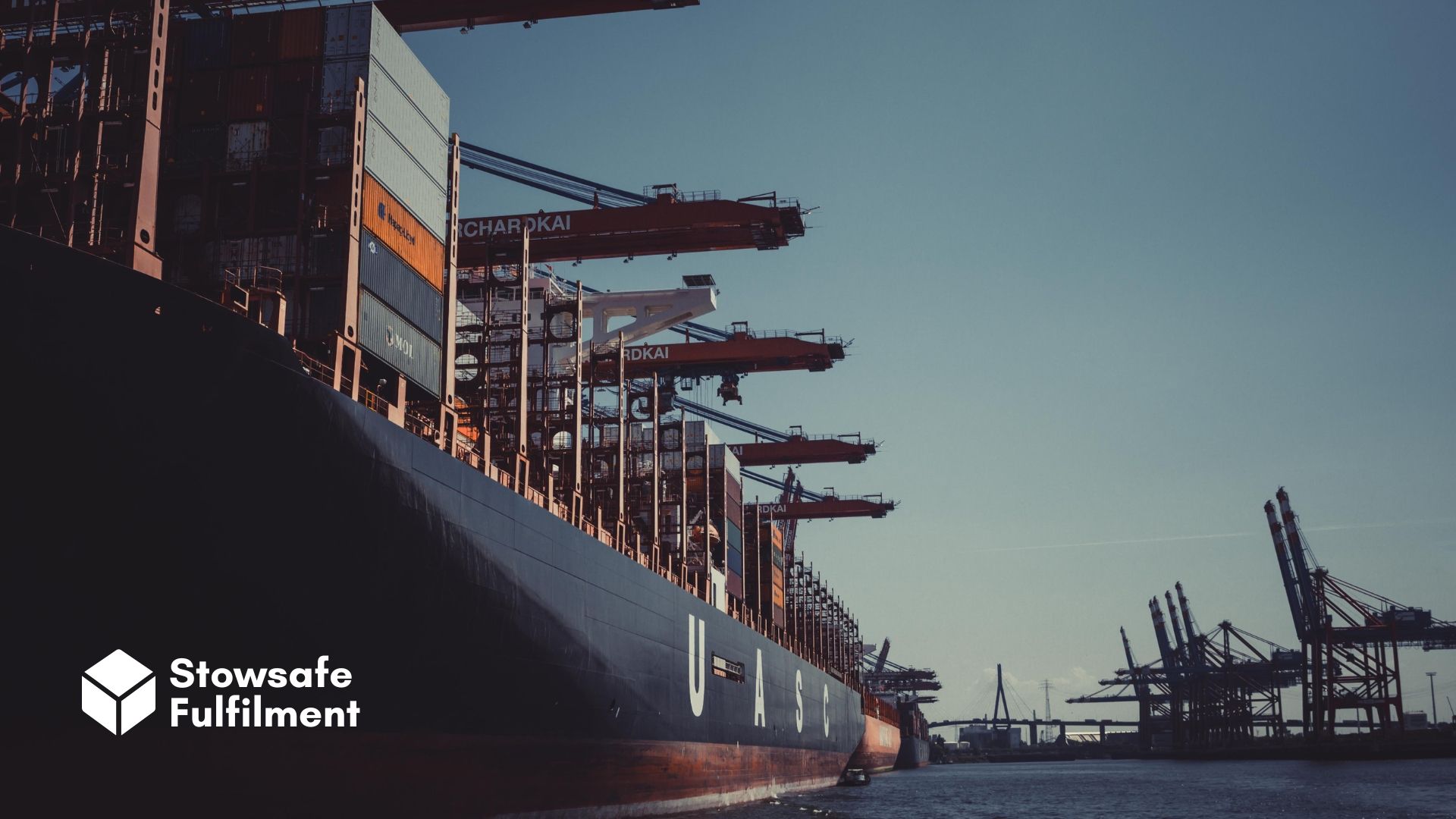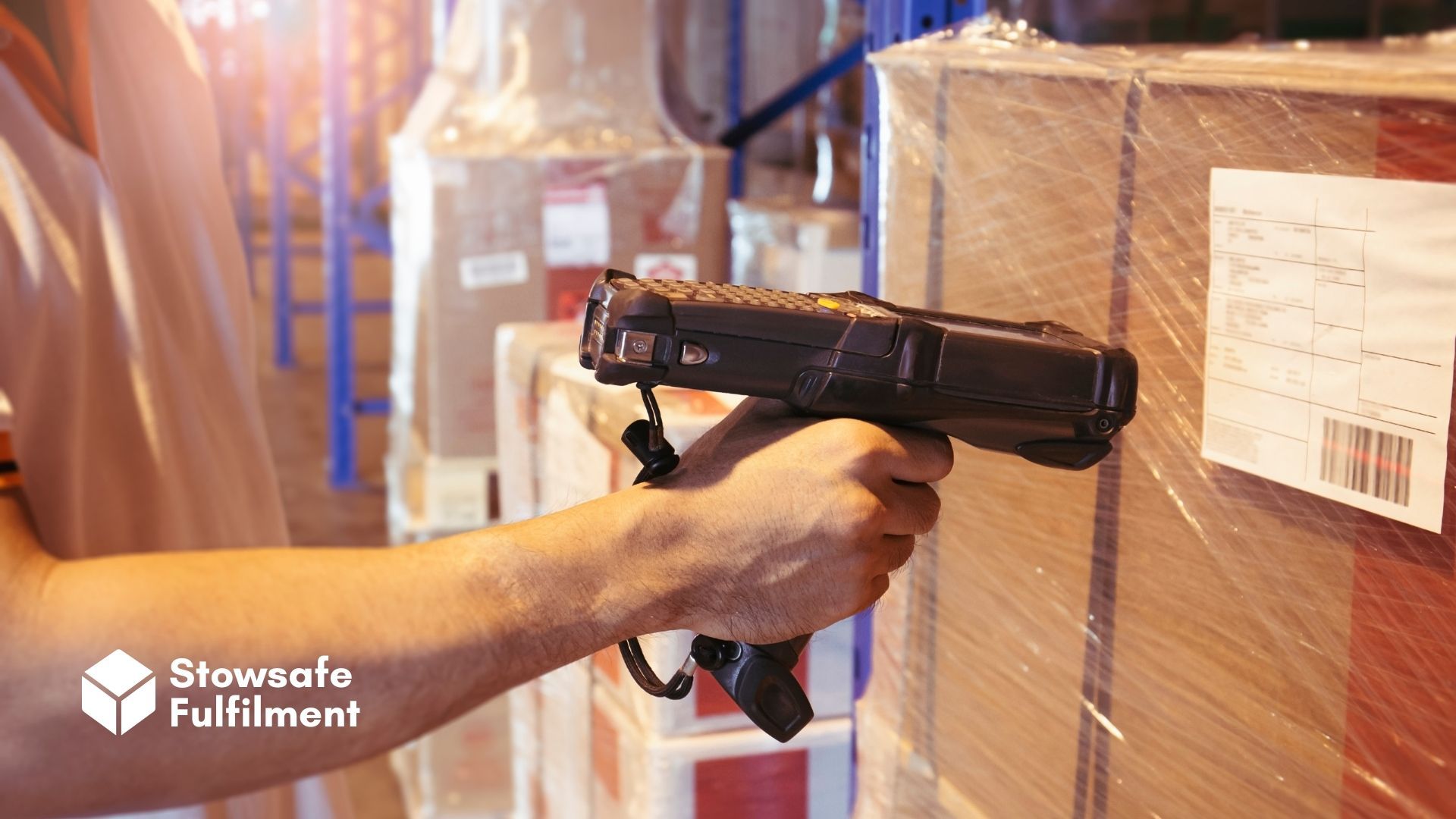Explore the rich history of imports and exports and their impact on economics, culture and politics. Discover the future of logistics and trade.
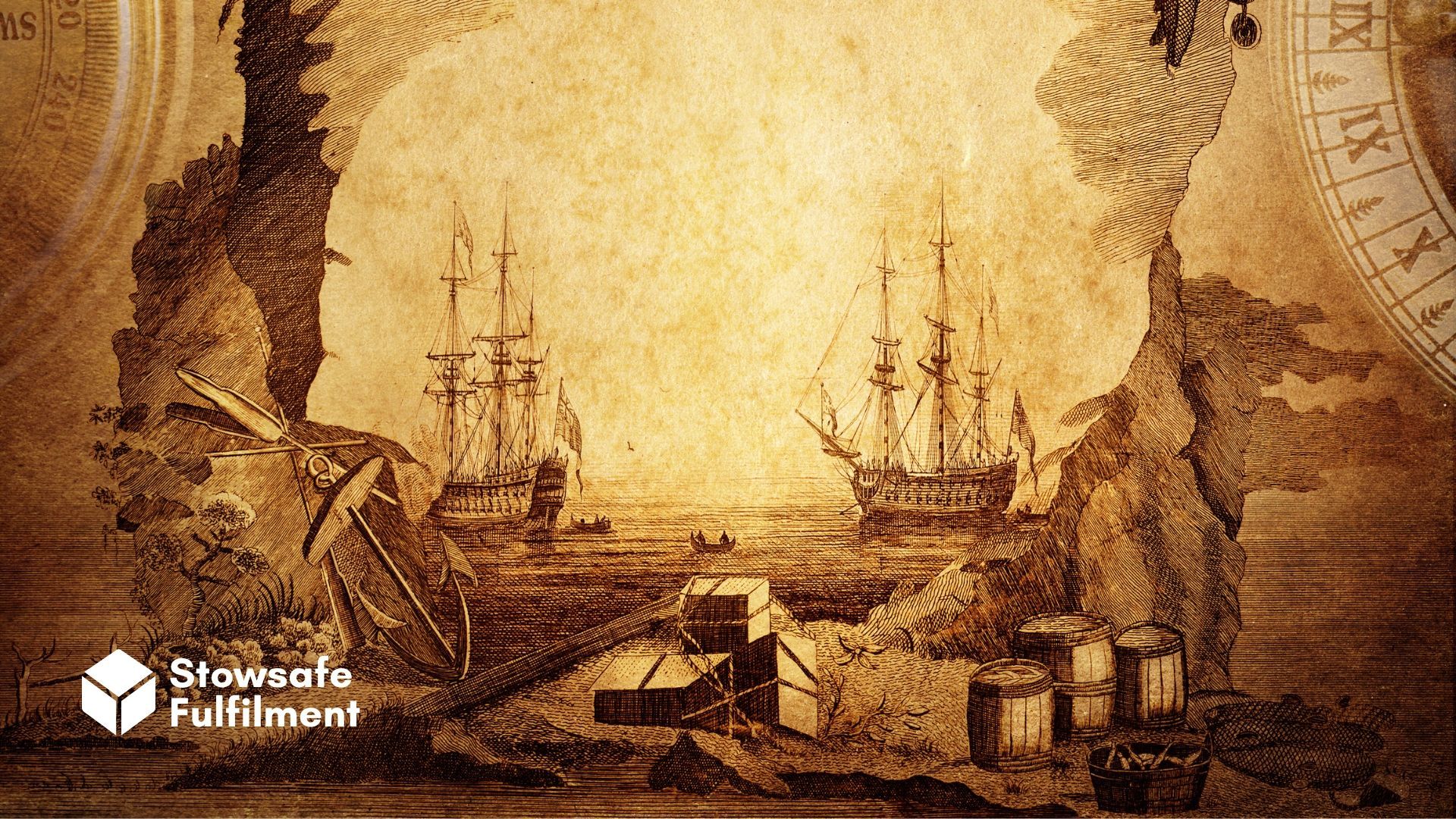
When it comes to the ins and outs of history, no legacy is as diverse and essential to the smooth running of modern civilisation as the import industry. But, despite importation being such a vital part of modern life, many of us still don't know much about the industry and how it has played a crucial role in shaping history.
From the earliest civilisations to the modern global economy, the exchange of goods and ideas across borders has long acted as a catalyst for economic growth, cultural exchange and political power.
To properly understand modern trade and take a swing at the future of logistics, we need to first understand what came before. And believe us – if the future of imports and exports is as colourful as their past, we're in for quite the treat.
Trade in the Bronze Age: a golden opportunity
Trade between civilisations dates right back to the Bronze Age when long-distance trade routes connected Mesopotamia and the Indus Valley. These trade routes allowed for the exchange of goods such as spices, metals and textiles.
However, resources weren't the only thing being exchanged. These trade pathways ultimately helped to spread ideas and technologies across various countries and continents. You could say trade in the Bronze Age was a golden opportunity for countries and their leaders. For instance, ancient Egypt became one of the wealthiest and most powerful kingdoms in the world – all because they traded resources such as gold and ivory.
The Silk Road
The Silk Road, which connected China to the Mediterranean world, is perhaps the most famous trade route in history.
Although the route is now synonymous with the trade of silk (if you couldn't already tell by its name), silk wasn't the only powerful resource crossing oceans. The Silk Road facilitated the exchange of spices, tea, jade and other goods across thousands of miles.
And not all of them were physical goods. The Silk Road also kickstarted a cultural exchange between the East and West, with Buddhism and Christianity spreading along the route.
The rise of the East – particularly China – in the Middle Ages can be attributed to the success of the Silk Road. The wealth generated from trade allowed the Chinese to build their economy and military, making them one of the most powerful political forces in the world to this day.
Colonialism and mercantilism
Despite all the good (and goods) that trade has brought throughout the centuries, you can’t really talk about it without also diving into the dark side of its history.
In the 16th century, European powers began to found colonies in the Americas, Asia and Africa. These colonies were established to secure valuable resources such as gold, silver and spices, and to create new markets for European goods.
The trade relationship between the colonies and the mother country was heavily regulated under a system known as mercantilism. Under mercantilism, colonies were required to export raw materials and import finished goods from the mother country, ensuring a favourable balance of trade for the colonising power.
The slave trade also played a significant role in the global economy during this time. Millions of enslaved Africans were shipped across the Atlantic to work on plantations in the Americas, generating massive profits for European slave traders and plantation owners.
Industrialisation and the rise of free trade
Throughout history, the primary motivation for trade has been the exchange of goods and services that one region or country has in abundance for those that are scarce.
The Industrial Revolution in the late 18th and early 19th centuries brought about significant changes in global trade. Advances in transportation and communication technologies made it easier and cheaper to transport goods across long distances. This led to an increase in international trade and the emergence of new trading powers, such as the United States.
The rise of free trade in the 19th century marked a significant shift away from mercantilism. Free trade advocates argued that tariffs and trade restrictions only served to protect domestic industries at the expense of consumers. Greater economic efficiency and prosperity, they argued, would come as a result of eliminating trade barriers.
Globalisation and the modern economy
The 20th century saw a continuation of the trend towards increased international trade and economic interdependence. Advances in transportation and communication technologies, as well as the lowering of trade barriers, led to the emergence of a truly global economy.
The rise of multinational corporations in the modern economy transformed the way goods and services were produced and consumed. It also transformed how we think about things like soft drinks and fast food. If you had told someone in the 1800s that one day people would pay five pounds for a cup of coffee, they would have laughed in your face. And then asked for a cup of coffee.
The growth of the global economy has not been without its challenges, however. Critics of globalisation argue that it has led to greater income inequality and environmental degradation. The COVID-19 pandemic has also highlighted the vulnerabilities of a globalised economy, with disruptions to supply chains and shortages of essential goods.
As imports have become such an integral part of business operations, many organisations are now looking to future-proof the smooth running of their supply and output.
The future of imports and exports
Today, businesses of all sizes rely on imports and exports to succeed in the global marketplace. But, of course, this isn't without its challenges – and that’s exactly why we’re here to help.
If you're looking for a reliable UK logistics provider to help you navigate the complexities of international trade and provide fast, reliable
fulfilment services, be sure to
get in touch.
All Rights Reserved | Stowsafe Fulfilment


